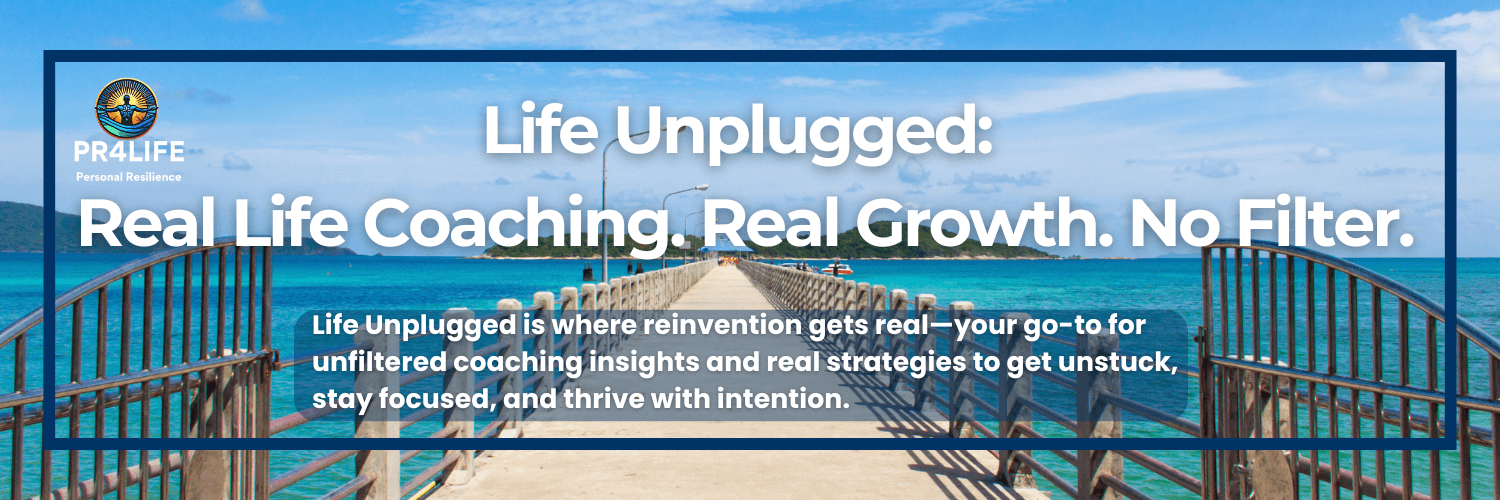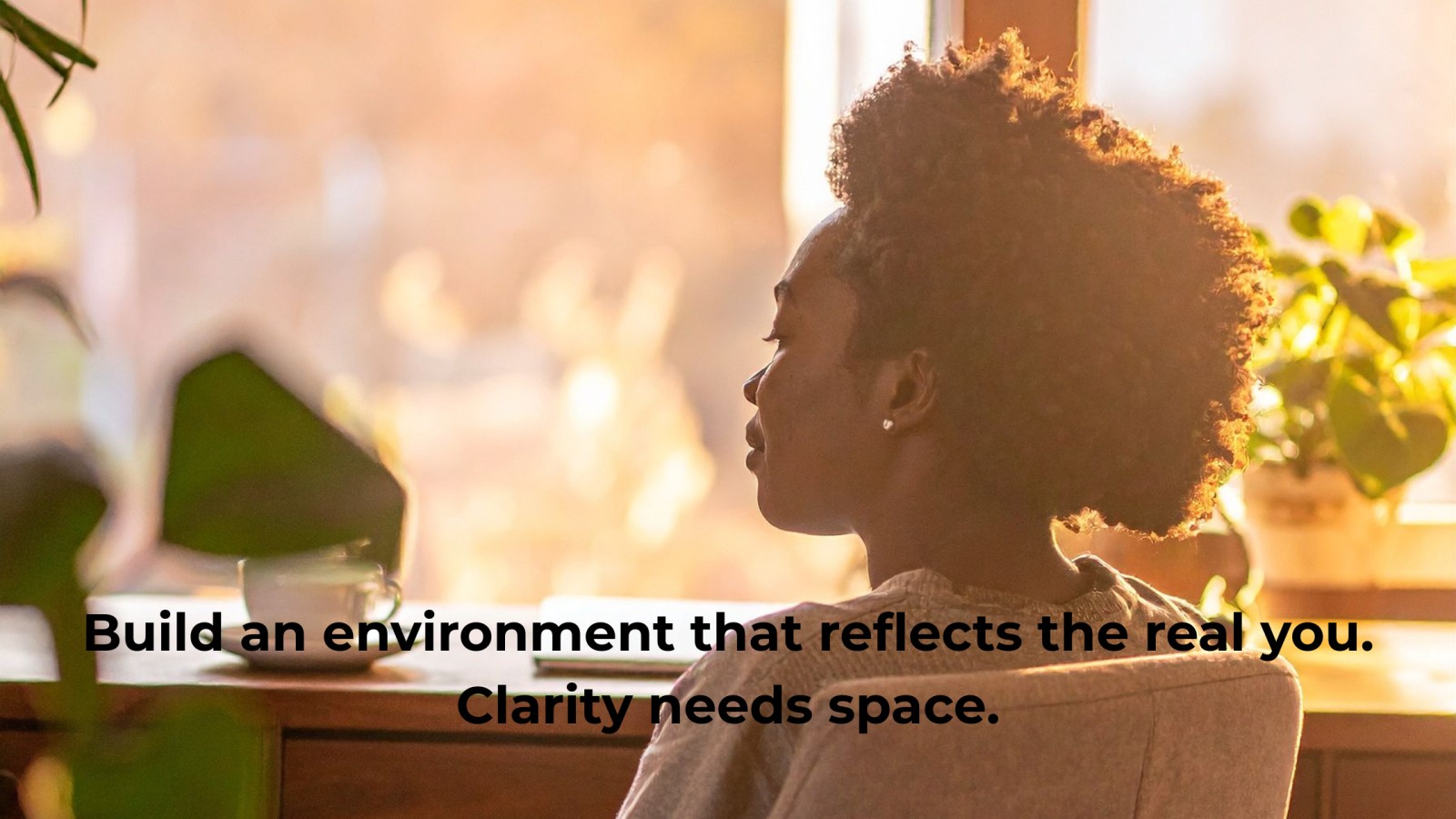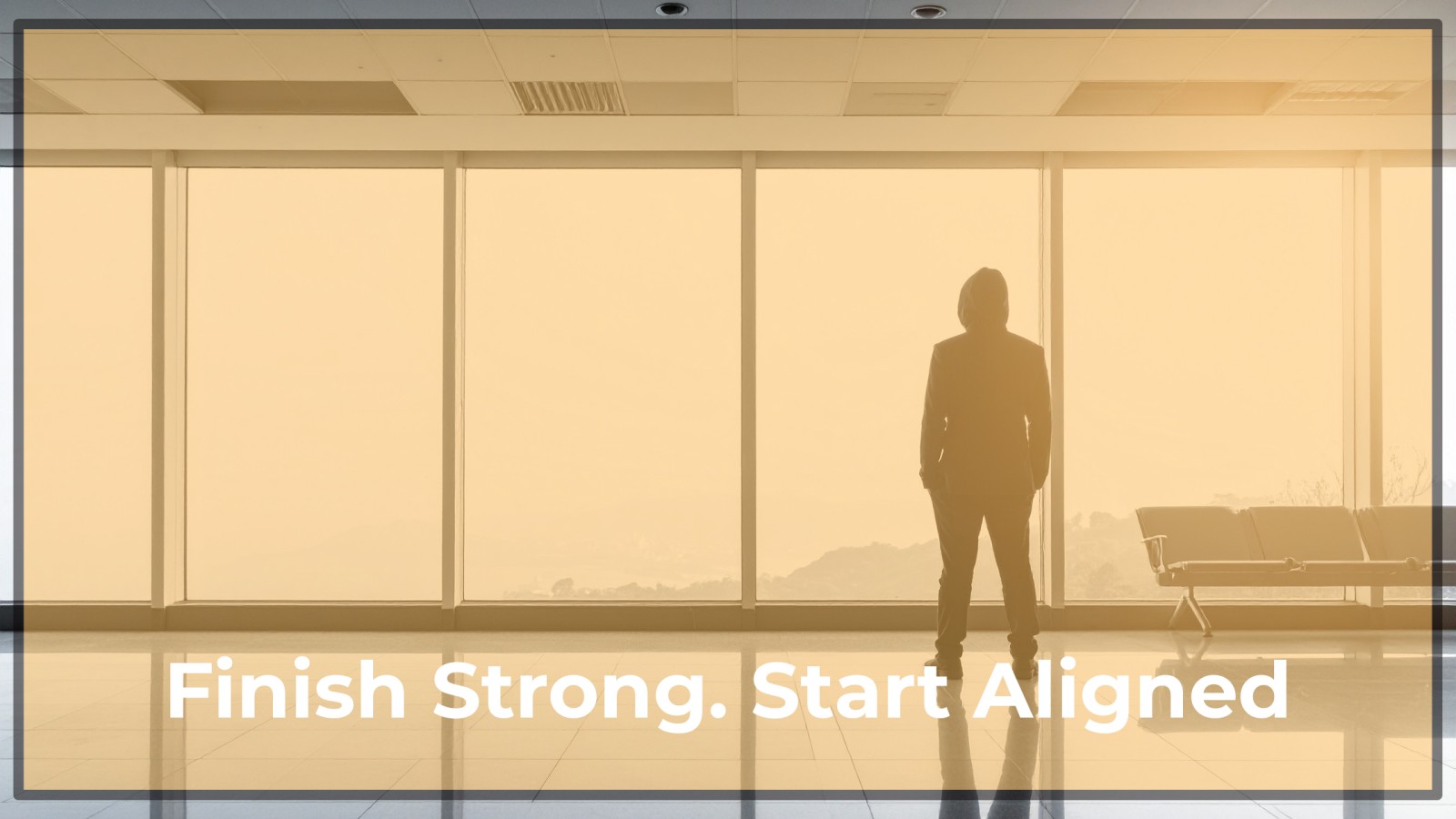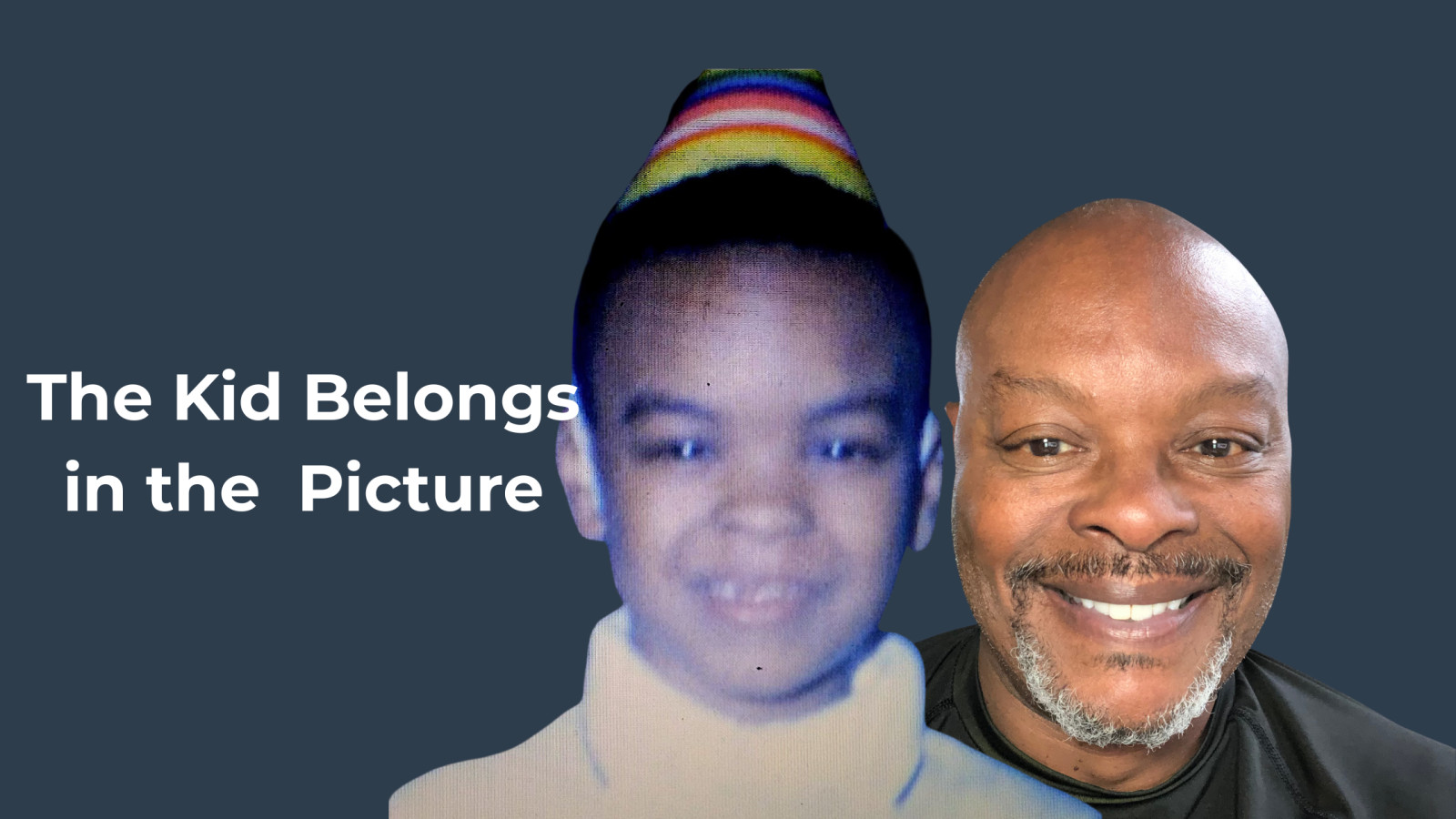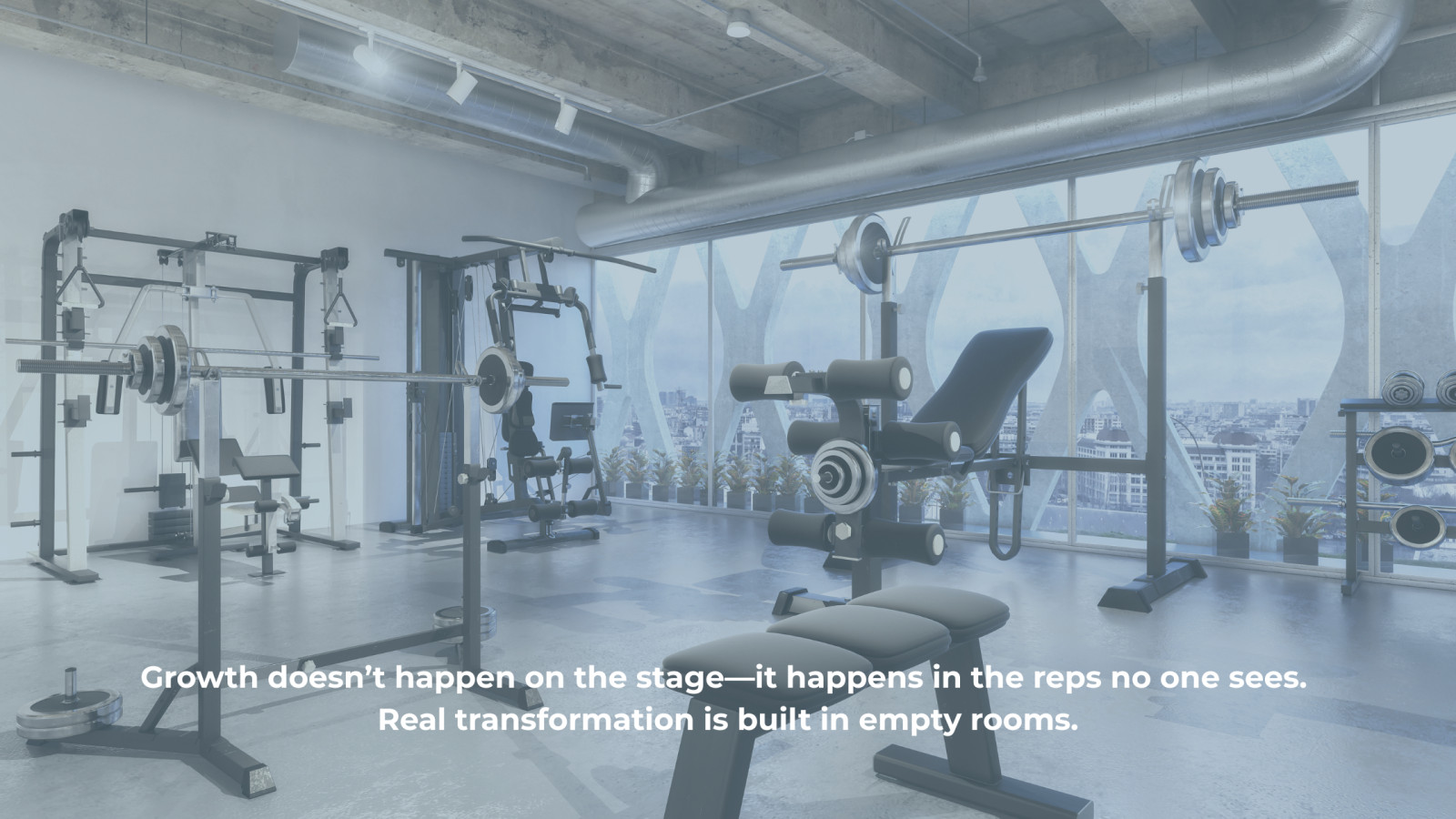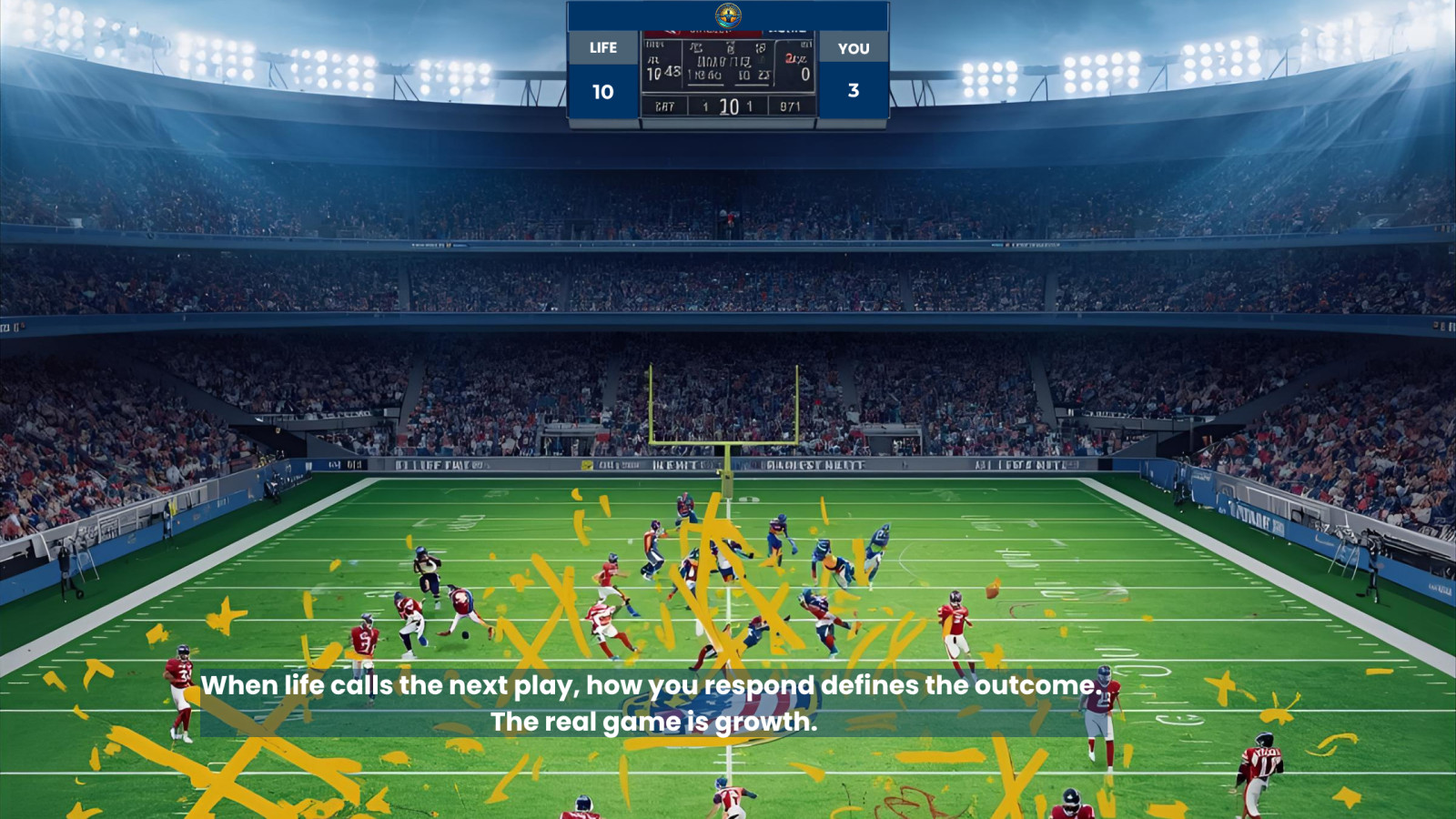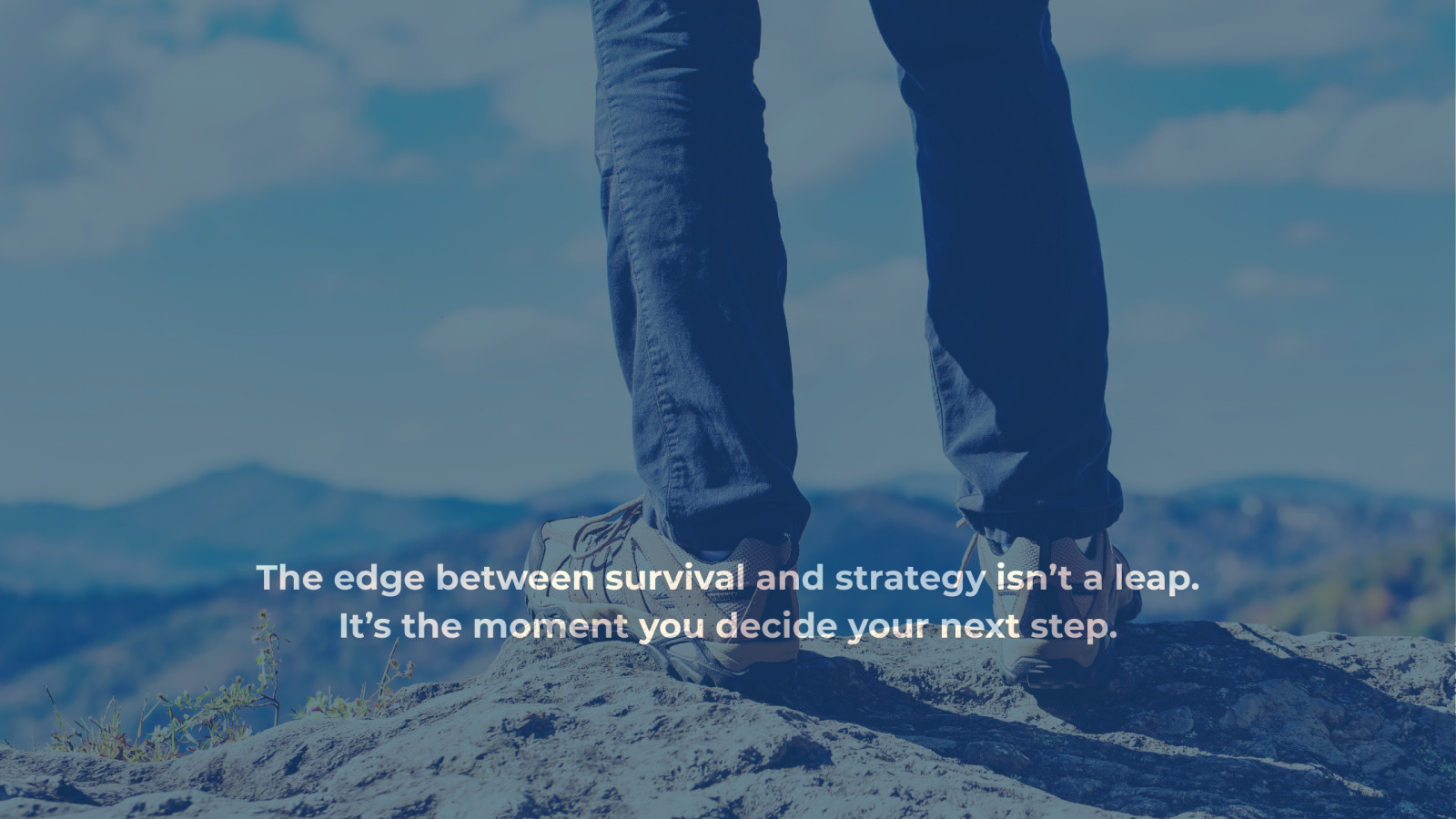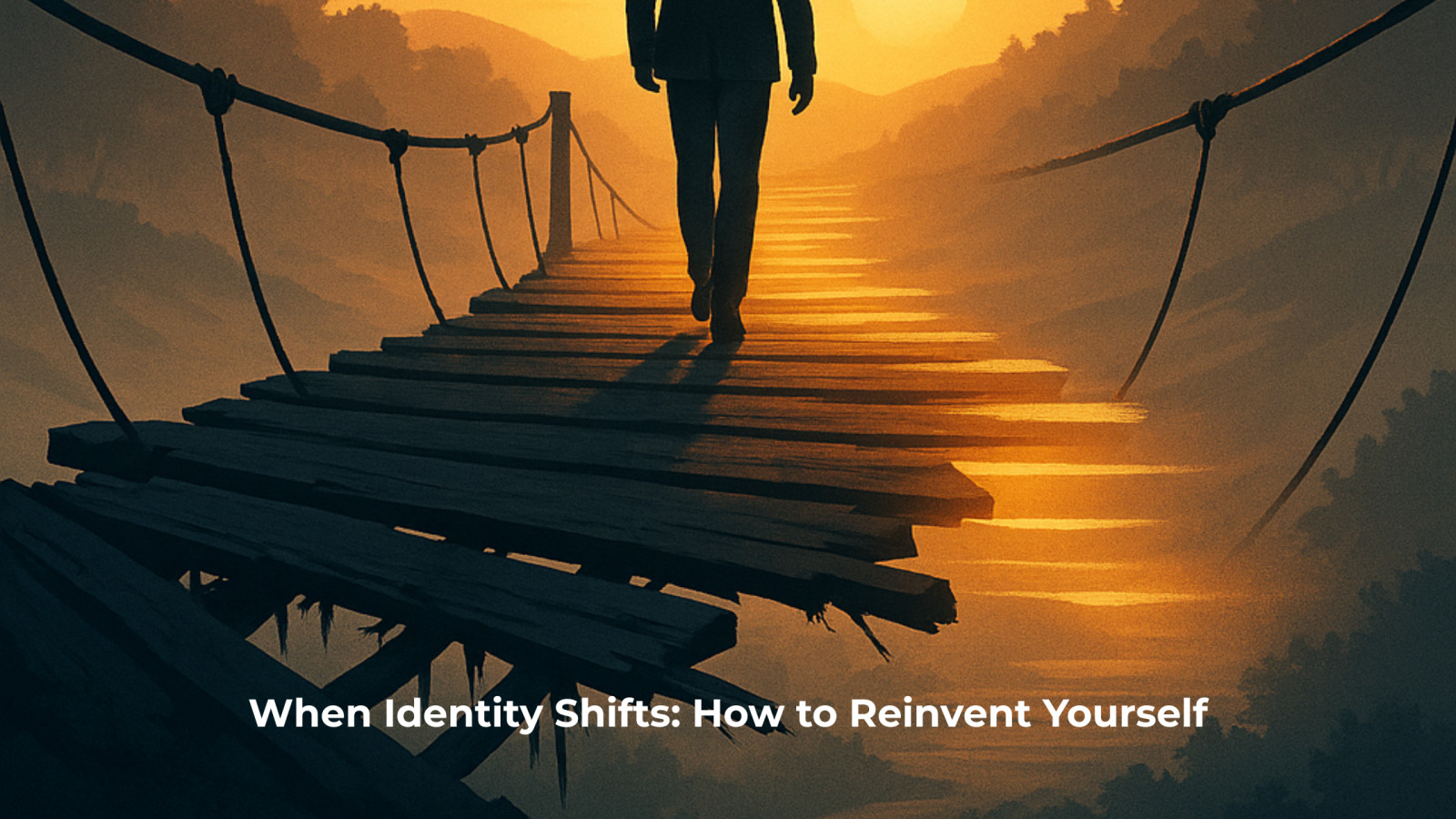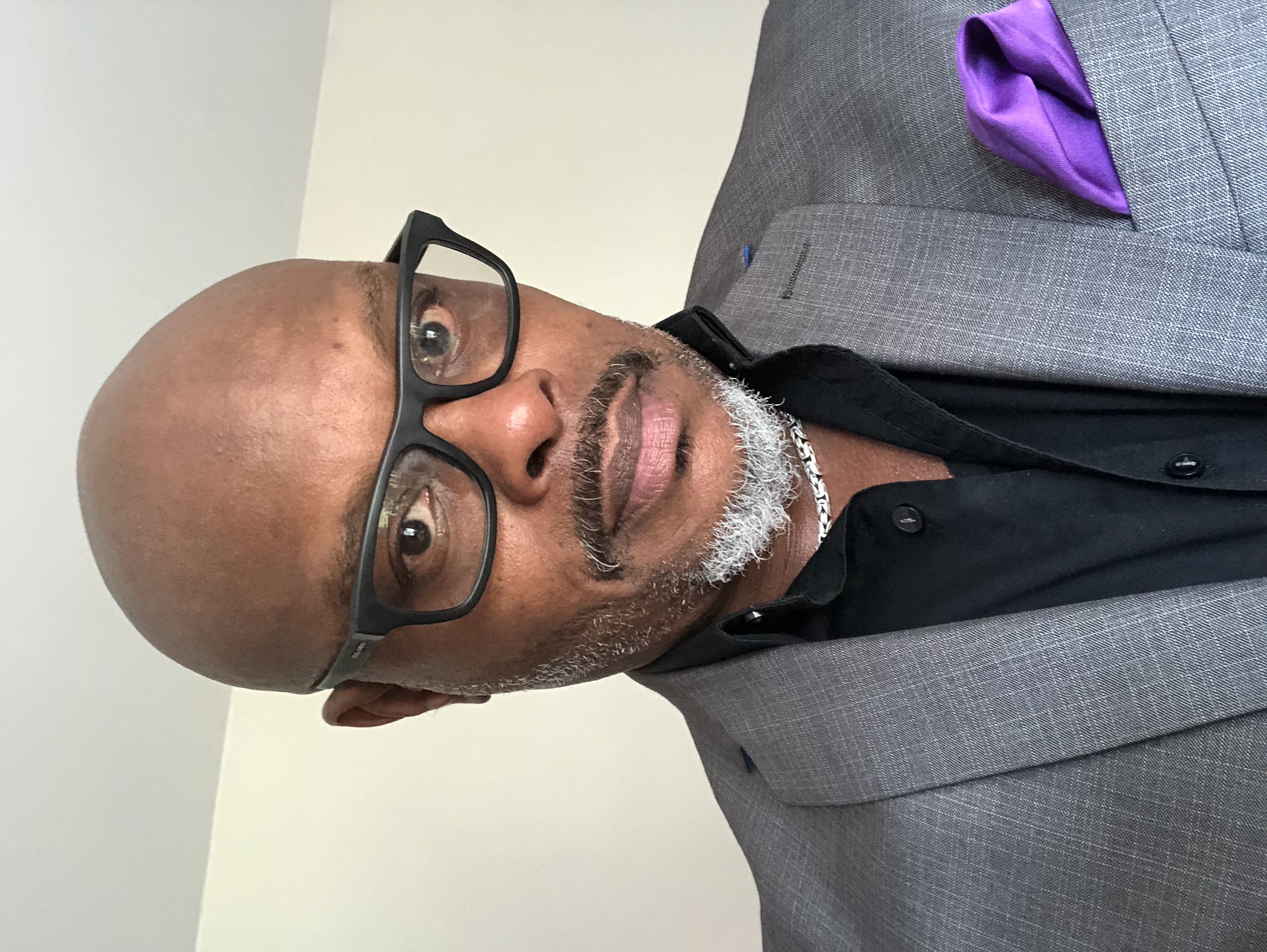
What if “starting over” isn’t really what you’re doing?
After a career reset, personal loss, or spiritual awakening, the world tells you to bounce back fast. But in this post, I unpack why slowing down, getting aligned, and beginning again with intention is a more powerful way forward.
In this reflection, you’ll discover:
- Why your brain resists new beginnings—even when you’re ready to change
- The real reason “starting over” feels so heavy (and how to reframe it)
- The psychology of the neutral zone—and why it matters
- How faith and stillness can become your most strategic next step
- What it means to build from truth, not from hustle
- The invitation to move forward with clarity, not control
This isn’t about rushing into action.
It’s about aligning your next chapter with who you really are.
🎯 Need support moving forward with purpose?
Read more...
After a career reset, caregiving, or personal crisis, finding your next move isn’t about bouncing back—it’s about building forward.
In this final post of the What Do I Do Now? series, I share how grief, burnout, and spiritual realignment led me to rediscover purpose—not by recreating the old, but by honoring what was and stepping into what’s next.
You’ll walk away with real-life insight, emotional clarity, and practical tools to help you begin again with intention.
Inside this post:
- Why going back to the life that burned you out isn’t an option—and what to do instead
- How the S.H.A.P.E. framework helped me reconnect with my gifts and identity
- What freedom really means after grief, burnout, or letting go of an old version of yourself
- 4 practical (and deeply personal) steps to help you rebuild from the inside out
- A final reflection on purpose, identity, and starting from where you are—not where you were
🔗 Read the full post on PR4LIFE

We don’t talk enough about what happens when the life you built no longer fits.
This post is for the in-between moments—after the layoff, after the burnout, after the caregiving ends—when everything goes quiet, and grief starts whispering.
In Part 4 of the What Do I Do Now? series, I explore why letting go feels so hard—and what to do when you’re stuck between who you were and who you’re becoming.
You’ll walk away with insight and hope as I dissect:
- The emotional weight of losing a role, title, or sense of purpose
- The fear of slowing down, being irrelevant, or falling behind
- The quiet grief that surfaces after burnout, layoffs, or life pivots
- The tension between wanting clarity and clinging to old identity
- The urge to go back to what’s familiar—even when it no longer fits
- The desire to release what’s not working but not knowing how
This post blends real-life reflection, emotional truth, and a path forward.
Spoiler: letting go isn’t weakness—it’s wisdom.
✨ If any of this resonated, you’re ready for more than another PDF.
My new 6 Steps to a New You Mini Course is coming soon—a deeper guide to help you move forward with clarity, courage, and real change.
👉 Join the waitlist or hit reply and I’ll make sure you get early access.
Read more...
When life forces you to stop—whether from burnout, a layoff, caregiving, or a major life shift—stillness can feel anything but peaceful. In Part 3 of the What Do I Do Now? series, we explore why rest feels so unsafe, how your nervous system reacts to slowing down, and what it really takes to sit in the pause without spinning out. This isn’t lost time—it’s alignment in motion.
In This Post, You’ll Discover:
- Why rest feels unsafe—even when you know you need it
- How fear shows up in stillness and what it really means
- What happens when your nervous system resists slowing down
- 4 grounded ways to sit still without spinning out
A powerful reframe that turns rest into leadership
Read more...
Laid off, burned out, or questioning your next move?
In this bold and necessary conversation, discover the truth behind what happens when the grind stops—not just financially, but emotionally.
This post unpacks the identity crisis hidden inside every “career break,” and offers a powerful reframe: what if this disruption isn’t a detour, but an introduction to the next, more aligned version of you?
If you’ve ever whispered, What do I do now?, start here.
Read more...